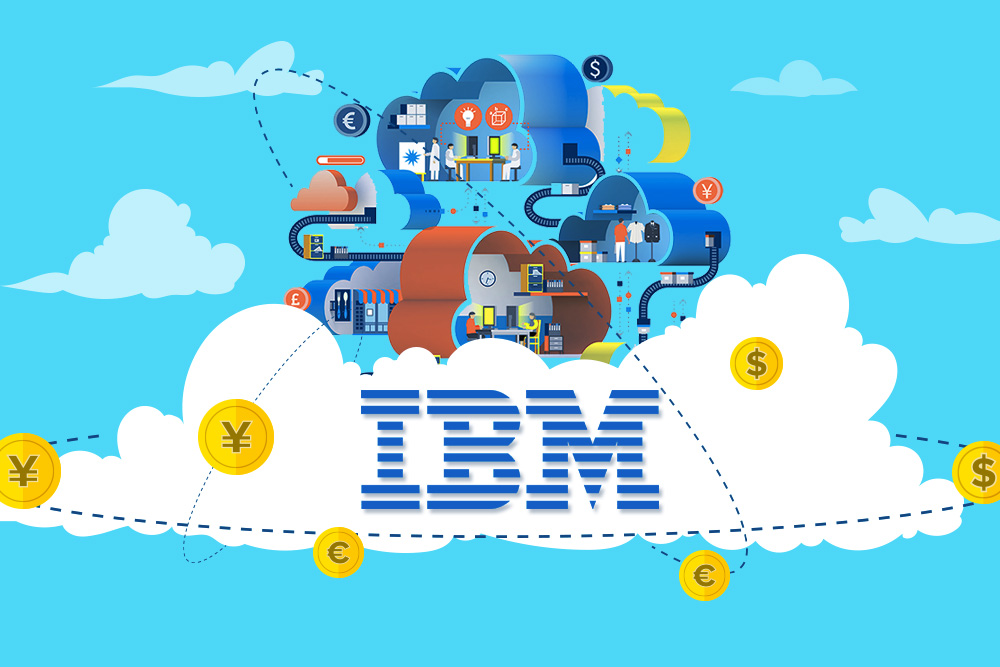
IBM Introduces Cloud For The Financial Sector
During the InterConnect conference held in Las Vegas, major player, IBM launched a number of cloud programs.
One of the services introduced to the public was the IBM Cloud for Financial Services. This program is meant to be used as a dedicated cloud format for the creation of financial apps on the IBM Cloud.
IBM stated that there are more than 100,000 app developers from the financial services industry. With this cloud, they will now be able to have access to APIs, data, and content to build financial services apps fast.
Currently available in beta, will also be able to utilize customer insights, analytics, security programs, and privacy tools to minimize the time needed for app development.
A New Level of Cloud for Financial Services
The tools in IBM’s cloud for financial services can make the tasks of selection, mapping, and data integration easier for developers and IT pros.
Supported by the Monetary Authority of Singapore (MAS), as well as the Central Bank of Singapore, IBM created the Singapore FinTech Hub connected to IBM’s financial services developer cloud.
This hub serves as a catalyst for Singapore fintech by providing info concerning policies and other developments and access to APIs to make development faster. It also provides a platform to highlight Southeast Asian solutions to the world.
Also launched at InterConnect is the IBM Cloud Integration, which allows clients to gain access to business data.
IBM recently stated that over 85 percent of enterprises will connect to multi-cloud architectures, which comprise a mix of public, private, and hosted clouds by next year.
IBM Cloud Integration will give businesses an enterprises ability to share and gather info from other cloud settings by providing them with these features:
- Being able to connect cloud applications to the current infrastructure,
- The capability to connect and gather critical enterprise and cloud data, as well as services compatible with cognitive solutions.
- Be able to utilize APIs across different cloud settings to update cloud services with data that will enable them to grow or expand their business via partners.
By utilizing IBM Cloud Integration, online sellers can combine data coming from sales and inventory apps in the cloud no matter where their physical location is.
Through IBM Cloud Integration, data can be merged with info from various public cloud sources. This includes third-party market tracking services designed to provide complete total access to what’s trending. It will also show how fast it will take for their stocks to run out, thus preparing them for future purchases.
Merging and combining a lot of data through an open cloud platform enables IBM to provide their customers with convenience, efficiency and the control they need, while still giving them a more holistic view of what is going on in their business.
During the event, IBM also launched updated installments for the IBM Cloud Object Storage family. The tech giant is now giving customers flexible options for archival data as well as an updated pricing model, which will use “intelligence.” This predicts data patterns by utilizing analytics and other cognitive tools.
Recent Posts
- How Does GPON Improve Network Efficiency?
- What Are The Advantages Of GPON?
- What Are The Benefits Of IT Outsourcing?
- What's The Deal With Ransomware Attacks?
- Are GPON Providers Widely Available?
- What's GPON's Impact On Bandwidth?
- Why Is Multi-Factor Authentication Important?
- How To Ensure Data Privacy Compliance?
 Blogs
Blogs Infographics
Infographics Videos
Videos Podcasts
Podcasts Case Studies
Case Studies Call For Quote
Call For Quote